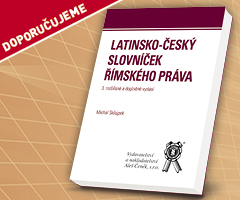Zařazeno v kategoriích: ZAHRANIČNÍ LITERATURA
Understanding Emotions in Post-Factual Politics: Negotiating Truth
Anna Durnová
ISBN
978-1788114813
EAN
9781788114813
An insightful lens into the contemporary state of post-factual politics, this timely book explores the perceived binary nature of facts and emotions, suggesting ways to integrate them. Anna Durnová shows that in order to understand post-factual politics, we must unveil the role of emotion in the discursive registers through which politics is constructed and knowledge is legitimized.
By analysing and comparing scientists' protests against the Trump presidency with famous scientific controversies in modern medicine, this book redefines truth as a negotiation in public discourse between the interplay of values, beliefs and facts. Chapters examine the ways in which people see emotions as being opposed to facts, unpacking how this ultimate opposition limits public discussion on science in the wake of alternative facts and 'fake news'.
Political science students and academics will find the new discussion of post-factual politics through the lens of emotions a timely and important read. This book is also ideal for social movements scholars with the March for Science a key case study used to examine the gap between emotions and facts in modern day times.
Ostatní s tímto titulem kupují:
-
Položka byla přidána do košíku.
























